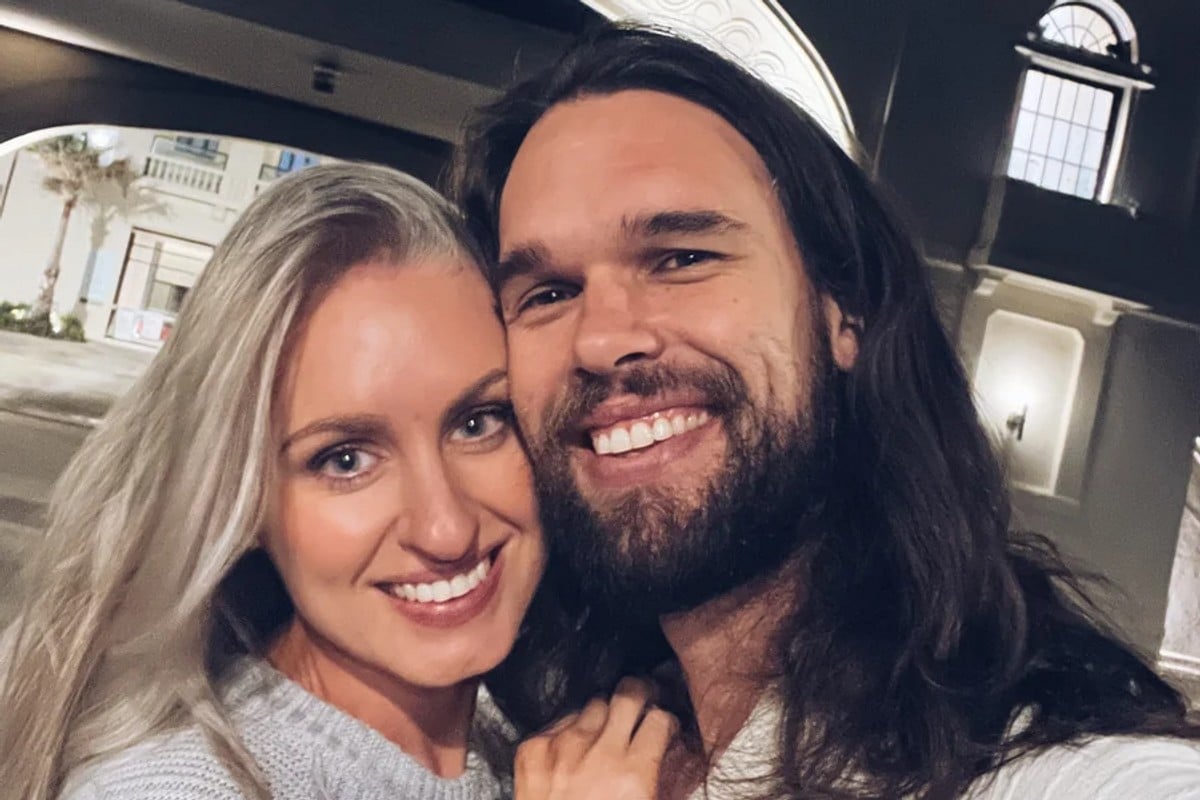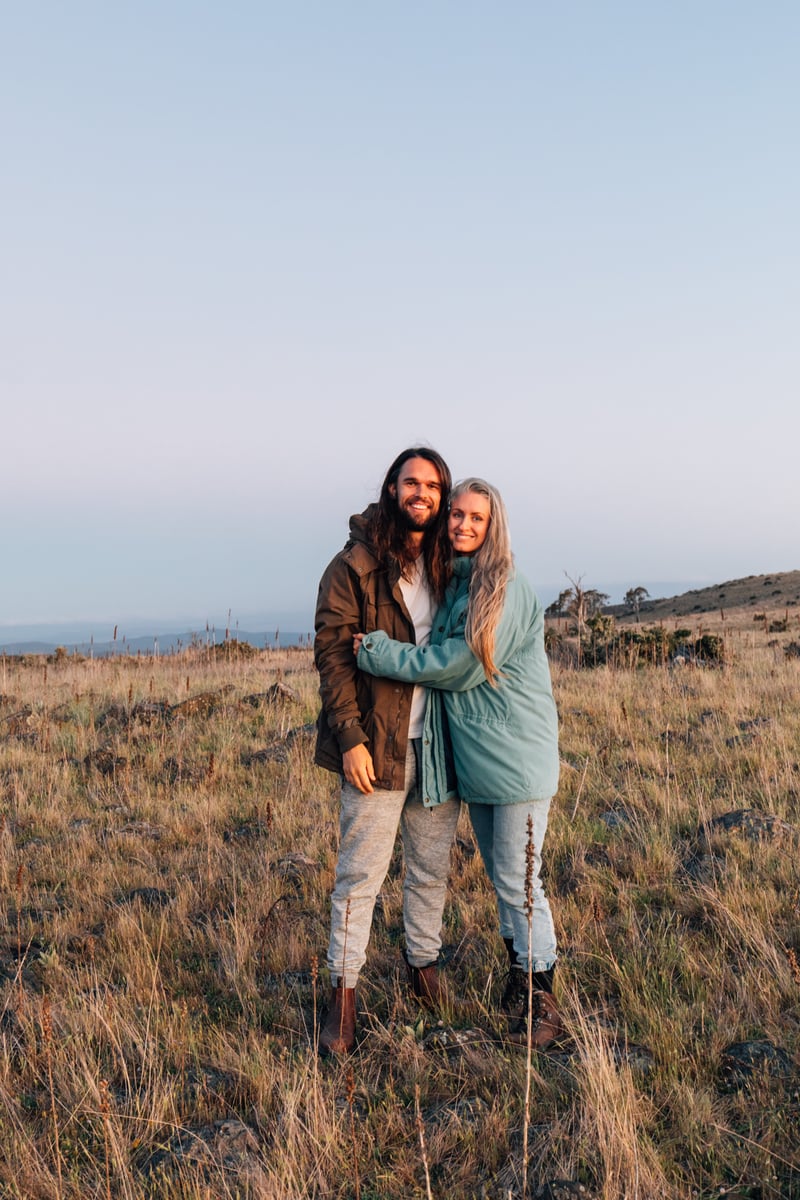
When my husband and I first began exploring non-monogamy, we were following our instincts. We didn't know what 'compersion' meant… or any of the other buzzwords in the non-monogamous discourse.
We were simply open-minded to the idea that we were in a strong enough place in our relationship to gently stretch beyond the social norms that defined what a committed relationship 'should' or 'could' look like. At the time we didn't realise, but we were veering off the well-trodden path to create a relationship that was bespoke to us.
When we began exploring non-monogamy, we were in our mid-twenties, living in NYC, and were far away from our home city of Canberra. The freedom that came with living on the other side of the world meant we were able to step more into our independence as a young couple, away from the prying eyes of high school friends.
Luckily we were also able to sidestep Canberra's unavoidable "one degree of separation".
We were excited and hopeful to explore non-monogamy, and even though we didn't have much of an understanding of how it might look, it felt like a secret doorway into another version of what our relationship could be like.
 Image: Supplied.
Image: Supplied.
After a decade of my husband and I exploring many different iterations of non-monogamy, as well as becoming parents and moving back home to Canberra, I often turn my mind to thinking of what we wish we knew before opening up our relationship.
1. The magnifying glass.
Non-monogamy can put your relationship under a magnifying glass. Difficulties, insecurities and fears that could have remained undetected or uncovered in a monogamous relationship might not be exposed by the emotional landscape of a non-monogamous relationship.
Through a monogamous lens, confronting these emotions may seem like a negative, but to many non-monogamous folk, it is an opportunity to turn towards these 'issues' and start working through them.
If your relationship is already suffering from poor emotional and relational security, non-monogamy will exacerbate these issues.
This magnifying glass can also reveal particular strengths within the relationship and call forward strong communication skills and a level of emotional intelligence that is needed for navigating a relationship in this way.
2. Mistakes will happen.
It doesn't matter how many 'how to' books you read on 'how to do non-monogamy right' — mistakes will happen. The learning in non-monogamy comes from the lived experience of actually practicing non-monogamy. Anyone can read a book on open relationships and agree with the philosophies of it all, but it is the discovery of what does and doesn't feel good that helps people find their way in this space.
Watch: Changing The Way We Think About Consensual Non-monogamy | TedxTerryTalks. Post continues after video.
Being kind to yourself, and kind to your partner when inevitable mistakes arise is so important.
3. You have nothing to prove.
Non-monogamy is not more enlightened than monogamy. The most authentic and loving way to be in a relationship is honouring where you are at, where your partner is at and creating a commitment that suits those involved.
It doesn't matter if that happens within a monogamous, swinging or polyamorous relationship.
4. Telling friends can be make or break.
People will "self-select" themselves in and out of your life once they find out that you are non-monogamous. This can be a positive and it can also be hard. Once you tell people that you are non-monogamous, it might become the only thing that they can see about you for a while. Be prepared for all of the questions…
5. Go slow.
In the early days of opening up, I had a fear that it might be a stepping stone towards us having separate lives. After ten years of exploring non-monogamy together, and taking things slowly, I know that isn't the case.
With the excitement and novelty of new experiences, it can be easy to become swept up in the forward motion of it all. Try and reflect, enjoy and create secure and loving connections.
 Image: Supplied.
Image: Supplied.
6. Change happens.
When we first opened up, I was not comfortable with separate dating and preferred for all of our non-monogamous moments to be experienced together. As the years have gone by, and as my husband and I have grown and become more comfortable in our non-monogamy, separate dating is something that we both really enjoy.
7. You might make amazing new friends.
Non-monogamous people are some of my favourite people and I now have a wonderful network of platonic, non-monogamous friends. They are not afraid to think outside of the box, have a strong sense of self, and we understand one another. It is important to have people in your life who love you — for you.
Exploring non-monogamy won't break a strong relationship, but it will test a weaker one.
Reflecting on the things I wish I knew also gives me a distinct sense of gratitude, because most importantly, part of the journey is discovering these lessons as the experience unfolds.
You can read more from Abbey here.
Feature Image: Supplied.

